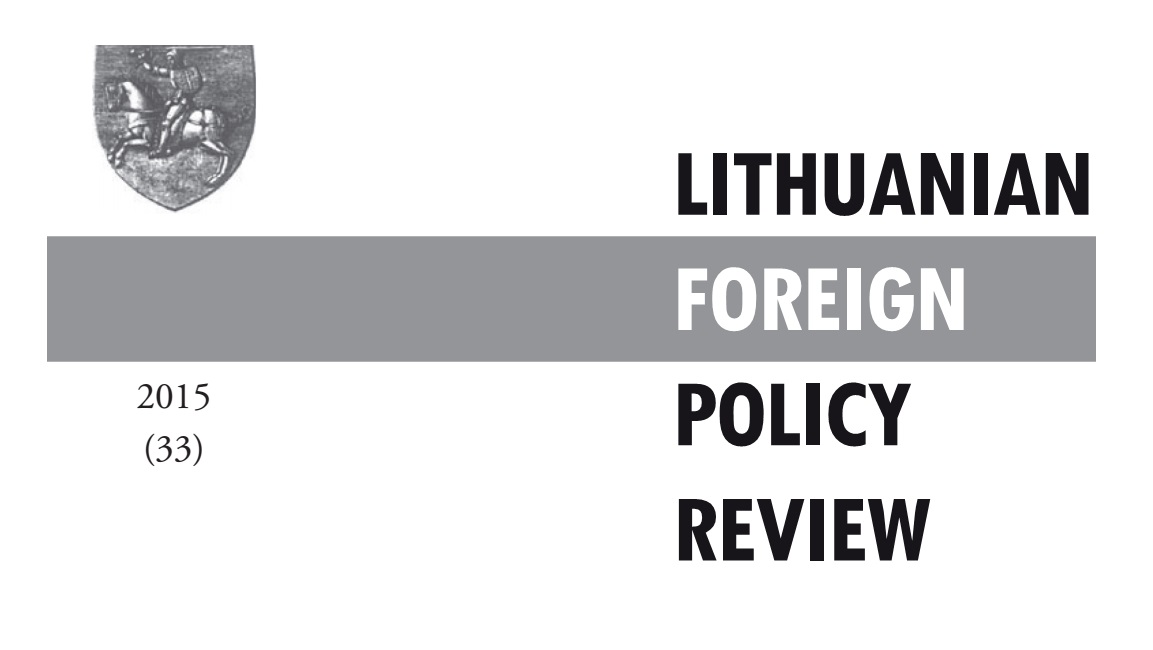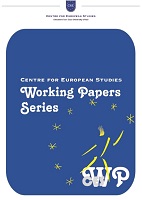
CURRENT CHALLENGES FOR EU COHERENCE IN PROMOTING THE RULE OF LAW IN KOSOVO
The appointment of a double-hatted High Representative of the Union for Foreign Affairs and Security Policy (HR) and the creation of the European External Action Service (EEAS) were two of the main innovations brought by the Lisbon Treaty to the European Union’s foreign policy. According to their mandates, the High Representative and the External Action Service aim to increase the consistency of the European Union’s external action thus answering to on-going criticisms about the lack of a “single voice”. This paper aims to assess the policy implications of the main post-Lisbon institutional developments by using the concept of “coherence”. Understanding this concept as synergy among EU policies, the study will analyse the current challenges to the ways in which the EU is promoting the rule of law in Kosovo. Based on the critical analysis of EU documents and the academic literature, as well as semi-structured interviews with EU officials in Brussels and Kosovo, this paper questions whether the introduction of the High Representative and the creation of the EEAS improved the coherence of EU involvement in Kosovo, especially in the field of rule of law assistance.
More...

